by Daniel Hathaway
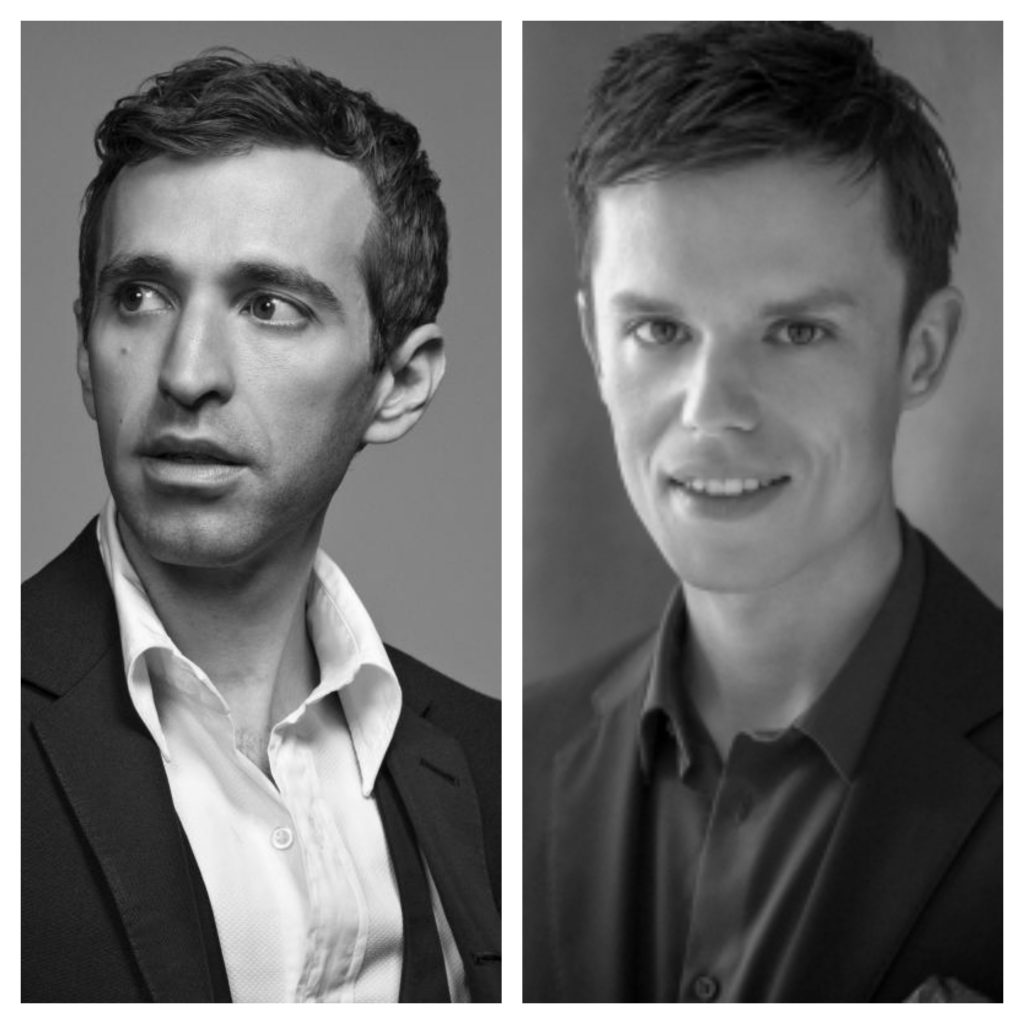
In normal times, the weeklong festival that features master classes with teams of singers and pianists, celebrity recitals, and a participant concert, alternates in “off” years with a recital by a well-known artist.
First, Vassos, who taught at CIM for 50 years and served as the festival’s artistic director, died in February, 2020. Then COVID-19 arrived in March. As Festival executive director Dean Southern put it, “We had just finished Magic Flute at CIM, went away for spring break, and never came back.” That year’s full Festival, scheduled for the end of May, was postponed.
A comeback was planned for May of 2021, when most of the artists were still available, but due to the continuing pandemic, was replaced by a virtual event last April. “Instead, we invited singers from CIM, Baldwin Wallace, and Oberlin to an online master class with Warren Jones at the Institute, using a low-latency studio,” Southern said in a recent telephone conversation. “We made it work, and nearly 200 people logged on from around the world.”
Now, the organization has announced a winter Mini-Festival at CIM for this coming weekend, featuring a recital and master classes by countertenor Anthony Roth Costanzo and pianist Bryan Wagorn — Vassos’ choices for the cancelled event in 2020, the last festival he designed. Happily, both were available to coach and perform.
In the most recent development in this saga, the event has been moved to Drinko Hall at Cleveland State University, where Wagorn will present a master class on Thursday, December 9 at 7:30 pm. The duo will give a recital on Friday, December 10 at 8:00 pm, and Costanzo will coach singers in a master class on Saturday, December 11 at 11:30 am.
Southern said that the Mini-Festival will amount to “a little bit more than an off-year recital, keeping something of the spirit of the Festival.” Fingers crossed, the Art Song Festival will return to normalcy in May of 2022, when Tamara Wilson will be featured in recital with pianist Warren Jones. Other artists are in negotiation.
Tickets for the Friday recital are available online and are free for students who present a valid ID at the door. The master classes are free for everyone, but registration is required. Click here to purchase tickets or register.
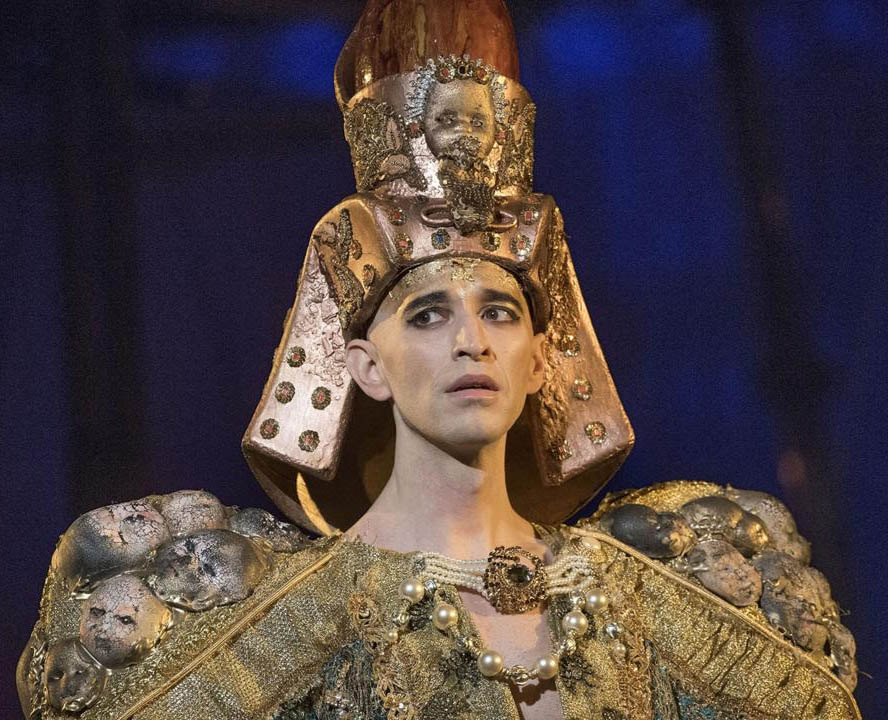
Anthony Roth Costanzo: I think Bryan and I were quite busy. I started an initiative with the New York Philharmonic called the Bandwagon, and we did over 140 live performances all over New York City with a pickup truck in collaboration with some other organizations. Also a lot of virtual video performing along those lines. Though it was a difficult and challenging time for all of us, it was a good opportunity to explore how we could be creative within constraints.
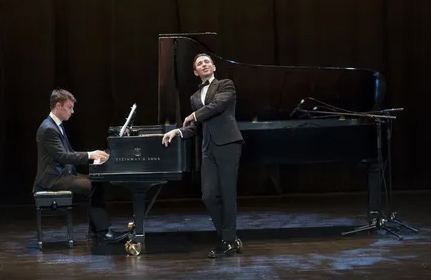
DH: Bryan, have you been able to travel back to Canada?
BW: I went back in July, 2021, so I kind of waited a long time, but the restrictions were difficult. I had to get tested a lot of times and there was no direct flight back to my home city, so I had to transfer, but it was great to finally get back. It had been two years, and I don’t get back too often even in the best of times. I really loved it, and I’m going back for Christmas too.
DH: Anthony, your website lists a number of things you’ve been involved in since the re-opening.
ARC: Yes indeed, and I’m happy to be going full speed again.
DH: Tell us about Santa Fe.
ARC: I’ve been working with the incredible composer John Corigliano since I was sixteen, and seven or eight years ago he said, ‘You know, I want to write an opera that combines Euripides’ The Bacchae with Bram Stoker’s Dracula,’ and he thought that the character of Dionysius/Dracula should be a countertenor. I was, of course, thrilled, and it was only his second opera after The Ghosts of Versailles. It’s an incredible piece of music. What he’s done in the orchestration and vocal writing is really unique and beautiful. So it was a thrill to do a world premiere as my first full production back at the Santa Fe Opera.
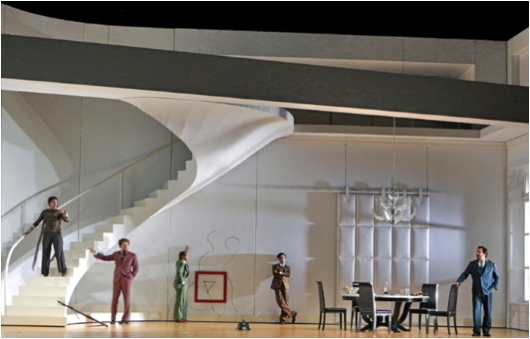
DH: Chic? Howso?
ARC: It was set in 1920s Paris in the midst of surrealists like Man Ray and art supporters like Nancy Cunard. The sets, costumes, and the way we recontextualized the arias and the whole story was well thought out, very funny, and it looked great. We had full, packed audiences wearing masks.
DH: Bryan, what’s life been like for you at the Met?
BW: So far it’s going really well. The Met has put on huge shows like Meistersinger, so hopefully we stay on track. I didn’t get into the building at all during lockdown, so the first two days back were really surreal. After that it just felt like I’d never left. When you spend so much time doing something, it comes back very quickly.
DH: How did the two of you get together as a team?
ARC: We have the same mentor. When we were just finishing grad school and our careers hadn’t really gone anywhere, she said, ‘you two should meet’. We felt a kindred musical sensibility, got along really well and started performing together. And I’ll just say as a singer that there’s no one else that I’ve worked with who can provide the kind of energy and excitement of an orchestra but also the sensitivity of a top-notch classical pianist. It’s been a thrill to be able to collaborate with Bryan as much as I have so far in my career.
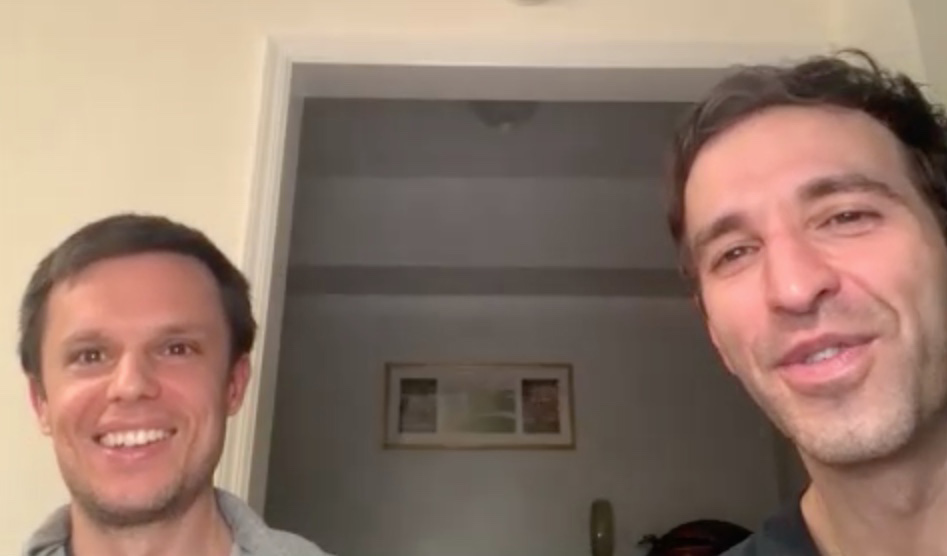
DH: How frequently do you have the opportunity to concertise together, and how are those occasions special?
ARC: Recitals aren’t as much a part of the landscape as they used to be, but they provide a very personal view of the artist. When we do opera, we’re singing through the lens of a character. But somehow, even though the poetry has been written by someone else, this is a more direct expression of our souls and ourselves. I think that the intimacy and directness of a recital is something we shouldn’t lose.
DH: And you can actually see your audience.
ARC: And they can see you. We like to talk between things like you would with your friends, so that it’s not so formal. And we try to give them little keys to unlock the doors of each piece or each set, as we’ve thought about them. It seems silly to keep those all to ourselves when it could give people insight into how we approach these pieces.
DH: Bryan, I know a number of pianists who avoid working with singers, but that seems to have a particular appeal for you.
BW: I just love it. I think the first time I accompanied a singer was when I was eleven or twelve. My friend’s older sister was a singer, so I went to her house and we played through some things. Then in High School I played for the choir, so singers started asking me to play for competitions and auditions. It’s something I’ve always done, but I didn’t think it would become part of my daily life.
What I love about it is that you obviously have the text — I love poetry and I love having a storyline — but also get to see the individuality of a singer. Their instrument and what they’re expressing in sound is literally part of them, so getting to experience that is so exciting. And doing that with different singers and the same song, or with the same singer five years apart, it’s really very special to see how the voice has changed.
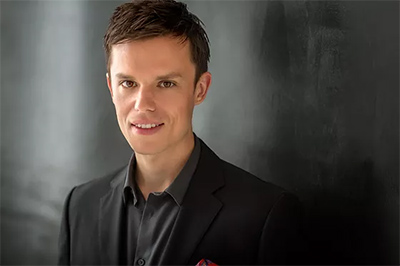
DH: Anthony, I understand that you were invited to return for the next full Cleveland Art Song Festival, but that you have a little conflict.
ARC: Yes — Akhnaten. We’re taking it back to the Met after its first successful run there, so we’re excited about that.
DH: Bryan, are you working on that show?
BW: I’m not, actually. I’m going to it. I love watching it.
ARC: He does work on it, just not officially.
BW: Everyone should see it. It’s one of the best things I’ve ever seen at the Met.
DH: The title role makes some special demands on the singer. Will you be undergoing full body waxing again?
ARC: It’s always daunting, but we have to suffer a little bit for our art, otherwise it doesn’t rise to the highest level.
DH: Let’s talk about your Cleveland program.
ARC: We’ve bookended it with a Baroque and modern composer pairing that exemplifies what we think of when we think of a countertenor. And then we go in all different directions. There are two contemporary composers, Greg Spears and Joel Thompson, who have written pieces specifically for me which I’m really excited to perform and bring to this audience. But also we cover the Romantic repertoire which I don’t usually get to do in the form of Berlioz and Liszt.
I don’t have a little, fragile voice, although I like that color sometimes, so I like to express the Romanticism of that music with my instrument and see if it strikes people as appealing. This will be the first time that I’ve ever performed the Berlioz as a complete set. Then we end with a little bit of Gershwin, which is what I began singing with my piano teacher when I was eight. By the time I was eleven, I was auditioning for Broadway with these songs, so I feel that they’re deeply embedded in my body.
DH: What countertenors have served as models for you?
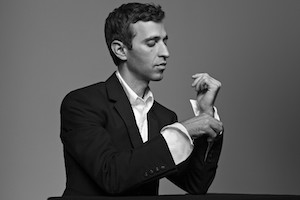
DH: Bryan, do you have any special piano heroes?
BW: A lot, but at the Met, Ken Noda was definitely a mentor as a vocal coach and pianist. Growing up, I followed a lot of Canadian pianists like Angela Hewitt.
DH: Anthony, why as a musician did you choose to study at Princeton?
ARC: I really wanted to get a sense of the larger world, and receive an education that went beyond the narrow focus of music, but included different aspects of music than you might find at a conservatory. Some of the courses I remember best were in psychology, philosophy, literature — even computer science. Things that really gave me a sense of what the human condition is. That’s what opera and vocal music speak to.
Published on ClevelandClassical.com December 9, 2021.
Click here for a printable copy of this article



